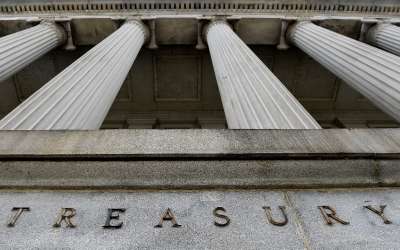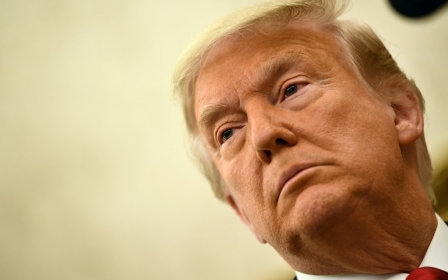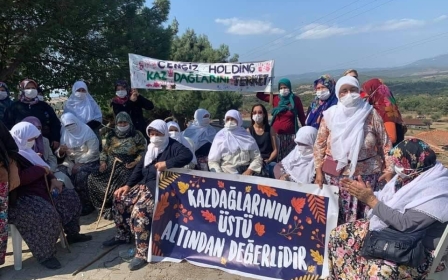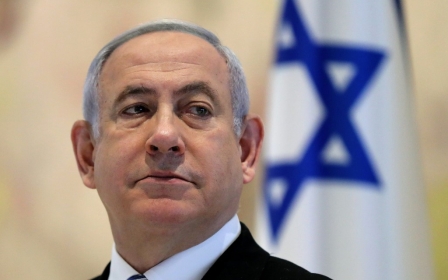Biden urged to reinstate sanctions on Israeli mining tycoon
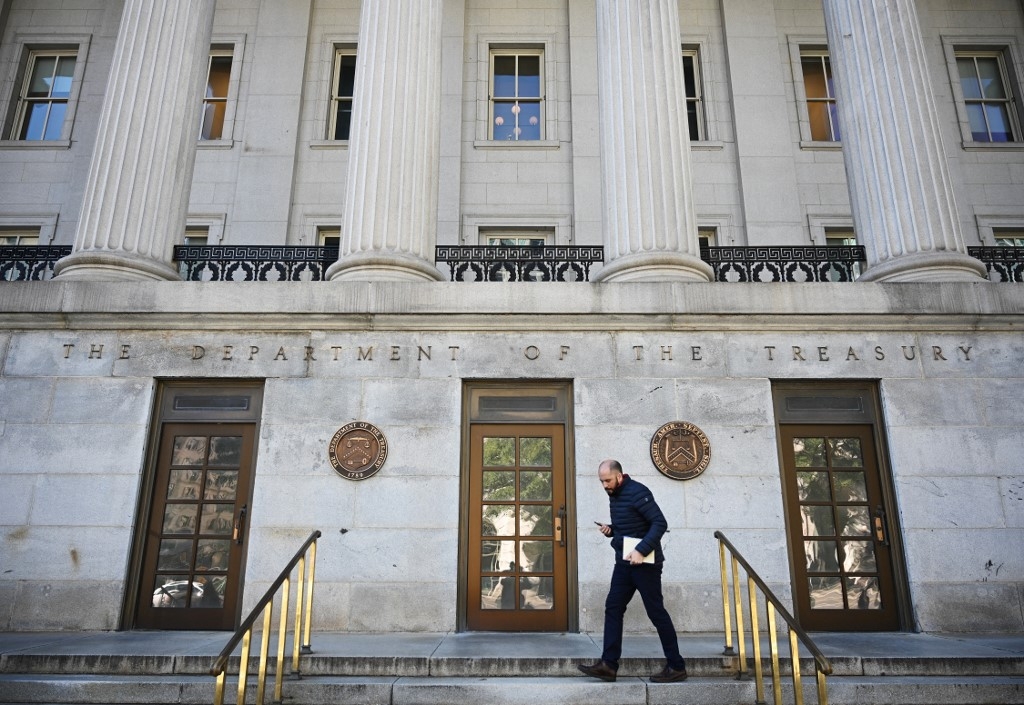
The decision to close the Kingamyambo Musonoi Tailings (KMT) Mine in the south of the Democratic Republic of the Congo surprised its 700 employees, who had laid down their tools and left tasks half finished when the gates shut more than 10 years ago.
The Congolese government stripped ownership of the mine from the Canadian company Quantum Minerals, and a few months later sold it to Israeli businessman Dan Gertler for $60 million.
Gertler, in turn, flipped the mine for a profit of hundreds of millions of dollars, while workers awaited severance pay in a region where most people live on less than $1.90 a day.
Analysts said the move was typical of Gertler, a magnate who made his fortune trading diamonds, minerals and oil in Congo, while allegedly using his connections to former President Joseph Kabila to arrange business deals that cost the central African nation more than $1bn.
In 2017, the United States imposed Global Magnitsky Act sanctions on the tycoon, who has an estimated net worth of $1.2 billion, according to Forbes.
Alleging "opaque and corrupt deals", the Treasury cut Gertler and his companies off from the US banking system.
But in the eleventh hour of Donald Trump's presidency, officials quietly handed Gertler a reprieve, granting him a one-year provisional license that all but voided earlier sanctions, unfreezing his American assets.
It was a "slap in the face", Sasha Lezhnev, a deputy director of policy at The Sentry, a Washington-based non-profit that tracks money connected to war criminals and war profiteers, told Middle East Eye.
"Gertler has been one of the biggest looters of the DRC's natural resources," Lezhnev said.
Only a month after Gertler received his licence, activists and politicians are pushing the Biden administration to revoke it.
Diamond and mineral deals
The grandson of Moshe Schnitzer, who co-founded Israel's diamond exchange, Gertler grew up polishing gems before school and in 1997 travelled to DR Congo to seek his fortune.
It was a turbulent time, with eight foreign armies clashing in the vast country. Then-president Laurent Kabila needed money to fight his war, and in exchange for a monopoly on the country's diamond trade, Gertler reportedly provided the newly elected leader with $20 million in cash.
The risks of this agreement became even more apparent when Laurent Kabila was assassinated by one of his bodyguards in 2001. But Gertler's friendship with the Kabila family endured, and when Joseph Kabila assumed power after his father's death, he secretly sent Gertler to the United States as an emissary for peace talks with the administration of President George W Bush.
Gertler won praise from high profile political figures such as Jendayi Frazer, a former adviser to Bush on African affairs. "He was serious and credible," Frazer said in 2002.
In the years that followed, Gertler moved on from trading stones to dealing in even more lucrative minerals, including the cobalt used to power mobile phone batteries and electric cars.
The DRC reportedly lost $1.36 billion in just five Gertler deals between 2010 and 2012 alone, as mining assets were undervalued and then sold off to Gertler-linked companies.
Gertler has also been indirectly accused of bribing Congolese officials more than $100 million on behalf of the company Och-Ziff, according to a 2016 Justice Department filing.
Middle East Eye repeatedly reached out to a spokesperson for Gertler for comment about these allegations, but received no response.
Eleventh-hour decision
The decision to ease sanctions on the Israeli billionaire was not publicly announced until four days after Trump left office, and a recent investigation by the New York Times alleged multiple irregularities in the process.
Trump administration officials did not broadly consult with State Department and national security advisers ahead of issuing the license to Gertler, according to the Times.
While federal law generally prohibits sanctioned individuals from paying US lobbyists, Gertler retained prominent attorney Alan Dershowitz before he represented President Trump in his first impeachment trial - and former FBI director Louis Freeh to petition the government on his behalf. Both men had also registered as lobbyists in Washington, according to the Times.
In an interview with Middle East Eye, Dershowitz rejected reports of irregularities.
'We cannot accept that the last 20 years of opacity in the mining sector to the detriment of the Congolese people can go unnoticed'
- Jimmy Kande, the Congo is Not for Sale collective
"There is no risk to any one of noncompliance in the future," he added, when pressed about the dangers of putting Gertler back in business. "We have provided absolute safe-guards."
Treasury officials also cited unnamed National Security concerns as part of their justification for easing restrictions.
But a coalition of 30 civil society organisations in both the United States and Congo sent a letter to newly appointed Treasury Secretary Janet Yellen last month, urging her to revoke the licence granted to Gertler.
These concerns have been echoed by House Democrats, with Senators Benjamin Cardin, Dick Durbin and Cory Booker writing a letter of their own with similar demands
"It was a surprise, because everyone was expecting there would be tougher sanctions," Cardin, a senior member of the Senate Foreign Relations Committee, told Middle East Eye.
Documents leaked to Global Witness in 2018 show that Gertler allegedly circumvented sanctions in the past by transferring hundreds of millions of dollars through Afriland First Bank in Kinshasa.
The licence gifted to Gertler can be revoked at any time. But while both Yellen and Deputy Treasury Secretary nominee Wally Adeyemo have publicly committed to reviewing US sanctions policy, and the Gertler case specifically, the Biden administration's next steps remain unclear.
Lasting impact
Meanwhile, Gertler, who once declared he deserved the Nobel Peace Prize, has embarked on a public relations campaign to scrub clean his image, even promising to sell small shares in his mines to the Congolese and agreeing to allow outsiders to monitor his activities.
In Congo, where the sting of his deals is still deeply felt, many are sceptical about these promises.
Even after Gertler's KMT mine re-opened under new management, various development projects connected to the original owners halted, affecting some 32,000 people living in the surrounding area.
"We need to remind policy makers that there are real victims of corruption," said Anneke van Woudenberg, executive director of Rights and Accountability in Development (RAID), which spearheaded research on the mine with African Resources Watch, adding that the mine represents only one Gertler deal.
"We cannot accept that the last 20 years of opacity in the mining sector to the detriment of the Congolese people can go unnoticed," added Jimmy Kande of the Congo is Not for Sale collective.
"One does not become an angel in one day."
Middle East Eye delivers independent and unrivalled coverage and analysis of the Middle East, North Africa and beyond. To learn more about republishing this content and the associated fees, please fill out this form. More about MEE can be found here.


